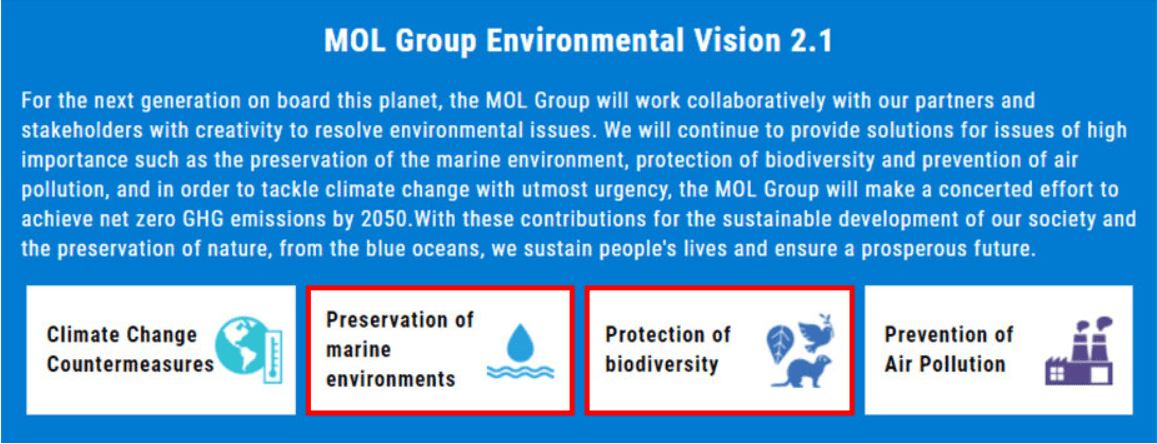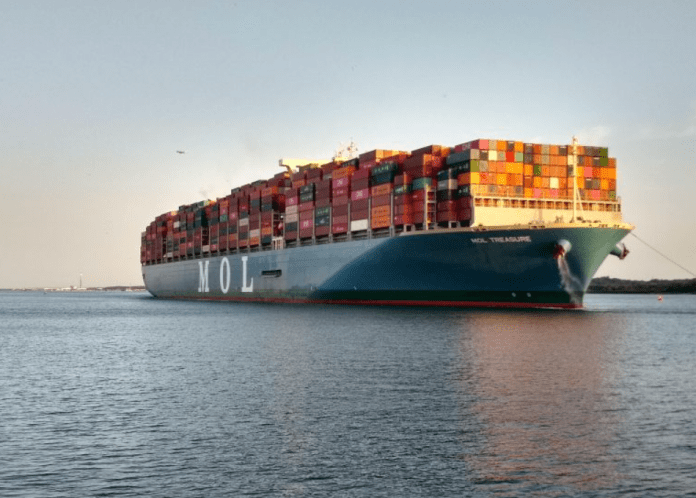Mitsui O.S.K. Lines, Ltd. (MOL) is intending to participate in the industry-academia-government collaborative project called “Ocean180” to conserve marine biodiversity.
Ocean180 is a long-term collaborative project backed by several research institutes such as universities, government agencies, companies, and financial institutions, under the leadership of Professor Yasuhiro Kubota of the Biology Program, Marine and Natural Science Department in the Faculty of Science at the University of the Ryukyus.
The project will promote effective actions to conserve and regenerate the oceans based on big data analysis of biodiversity. In particular, it will develop a technology that will visualise ocean ecosystems based on big data related to marine life, statistical modelling, and artificial intelligence (AI) for marine biodiversity protection.
The name “Ocean180” reflects the wish for a reversal of deteriorating conditions in the world’s oceans and a move toward improvement, according to a statement.
Overall, the project aims in developing big data on marine biodiversity that everyone can use, as well as a technology related to adaptable and sustainable conservation of the oceans while promoting a practical application in society in cooperation with various industries.
MOL will provide ship operation data to enhance the safe operation of its vessels and further reduce their environmental impact by gathering and applying big data related to navigation and engines.
Furthermore, the Tokyo-based carrier has announced that it will cooperate in the development of technology to visualise the impact of shipping on ecosystems, integrating marine life data and ocean shipping data.
By analysing the data collected by more than 10,000 sensing items from vessels, engines, cargoes, sea weather, MOL has been developing various applications that help enhance vessel safety, improve operational efficiency, and protect the marine environment.
The Japanese shipping company will also help promote practical application of the project and study the feasibility of commercialising and broadening the use of various expertise and technologies stemming from the project, by making use of information and knowledge.
In June 2021, MOL Group established the “MOL Group Environmental Vision 2.1”, aimed at achieving net-zero greenhouse gas (GHG) emissions by 2050 to preserve marine environments and protect biodiversity through these contributions.








